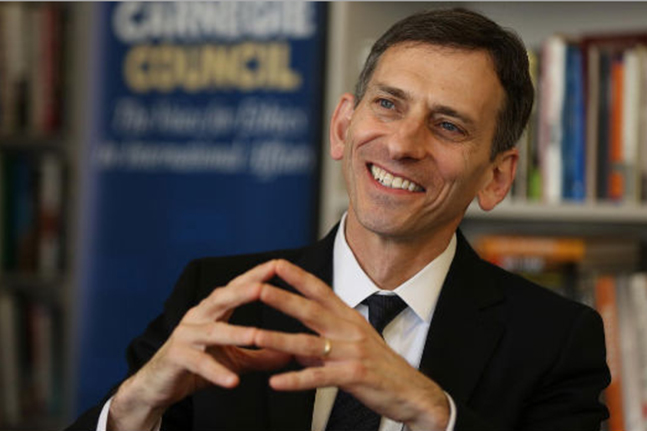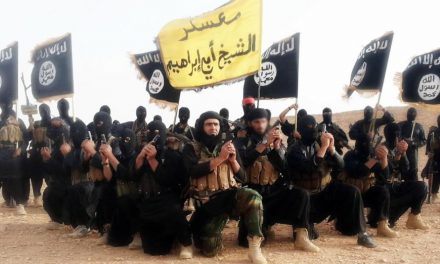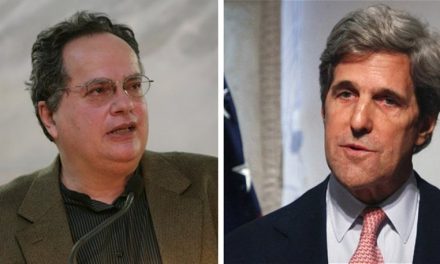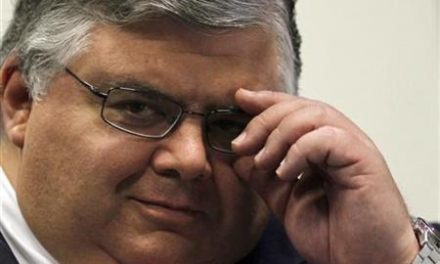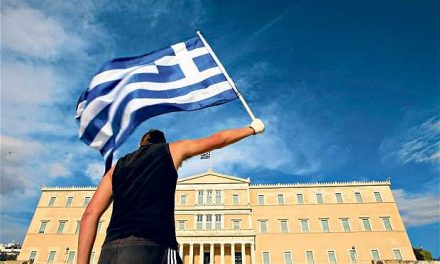Interview with Joel Rosenthal, President of Carnegie Council – By Afroditi A. Kalomari – GreekAmericanNewsAgency
On the occasion of the International Conference “Democracy and Values” of the Carnegie Council of Ethics in International Affairs in New York and Global Thinkers Forum London, which for the first time will be held in Greece on 25 April, the GreekAmericanNewsAgency secured interview with Mr. Joel H. Rosenthal President of the Carnegie Council.
How do you define responsible leadership?
The most important element is accountability. A responsible leader is mindful of three sets of interests: her own, her constituents, and those affected by her decisions. She is accountable to all.
A responsible leader self-evaluates. She asks at regular intervals: Am I living up to my own standard? A responsible leaderalso takes into account the interests of those who put her in power. Finally, a responsible leader cares about everyone she affects– not just those to whom she reports.
When we talk about ethics what meaning does it have for you and how do ethical practices manifest?
Ethics is about Socrates’ question, “How should one live?” Itis not merely a list of “dos” and “don’ts.”Rather it is a way of thinking about competing claims.For example, ininternational relations, we see a classic dilemma between respecting the sovereignty of a nation and the imperative to intervene during humanitarian crises. Leaders have to choose between conflicting claims. Tradeoffs are inevitable.
We see ethics in practice when leaders are purposeful about their ethical reflections and when they are clear in expressing the reasons for their decisions. Honesty about tradeoffs is the mark of a responsible leader.Platitudes and high moral rhetoric tend to obscure more than clarify.
Do you think that democracy is a system that can work for all?
Yes, but it is important to note that democracy is a broad concept. There is no “one size fits all” answer.There are many elections happening in the world today but the results do not always equate with the virtues we commonly associate with democracy.These virtues are, essentially, the rights we are familiar with from international declarations: freedom of religion, freedom of expression, freedom of association, etc.
For those of us observing from the comforts of liberal societies, we face a choice. Do we support the values themselves (that is, the rights) or do we have faith in the process, that is, do we support the elected, even if problematic? Or should that support be conditional on the acceptance and protection of human rights?
What do you see as the number one reason that leaders fail their people?
Leaders fail their people when they neglect their role as educators. A leader’s job is to educate her constituents and persuade them to follow the course she has charted.When in a sailboat, you cannot sail directly into the wind. If you try, the boat stalls. The trick is to tack azigzag style to catch the wind.Each tack can mean an uncertain and uneasy compromise. But each is necessary to maintain headway. Effective leaders explain these movements.They help their constituents understand that leadership is goal-driven but also compromise-ridden.
What do you think is the biggest mistake that leaders make?
The biggest mistake is lack of imagination. Leaders all too often accept the status quo. They operate efficiently and diligently within a given system. But they fail to expand the range of choices they face.
Too often leaders see their decisions as yes or no decisions. But often the answer should be “yes, but” or “no, but.”For example, a business leader may be asked if she supports hydro-fracking as a means of energy production. I can imagine an answer that might be “yes, but”or “no, but.” The “but” might include qualifications or provisions that shape the decision in significant ways.In this example, stipulations might include requirements such as enhanced environmental and labor regulation. Or the decision might include obligations to develop alternate energy sources in addition to the ones approved.
Does power today lie with people and human networks instead of leaders and the top of the pyramid?
Leaders and followers are organically connected. Good leaders feel the pulse of the human wave. They ride it, steer it, direct it. As Tolstoy pointed outin War and Peace, the idea of the “great man” in history is a tempting illusion. Truly great leaders do not operate in isolation or above the fray. What makes a leader great is the ability to read the moment, to seize it, to bend it toward the desired goal.
Do you think that collaboration is important? Why?
Collaboration is a hard, practical, and essential skill.The biggest challenges we face today are global-level challenges. These challenges will be addressed most effectively by collaborations and new networks of actors who see the mutual benefits of working together.
Can you make a prediction of how our world will look like in twenty years from now?
Human nature is essentially unchanging – so it is reasonable to assume that many of the struggles we face today will remain with us for the foreseeable future.
Standards of expected and required behavior are likely to change. I believe we will see progress. Gender and racial equality are likely to see positive gains, as is environmental awareness. There will also be a continuing backlash against the barbarism of groups like ISIS. As Steven Pinker has argued in his book, The Better Angels of Our Nature, there is reason to believe that the world is becoming a less violent place. I find this progressive view persuasive, and something worth working toward.

